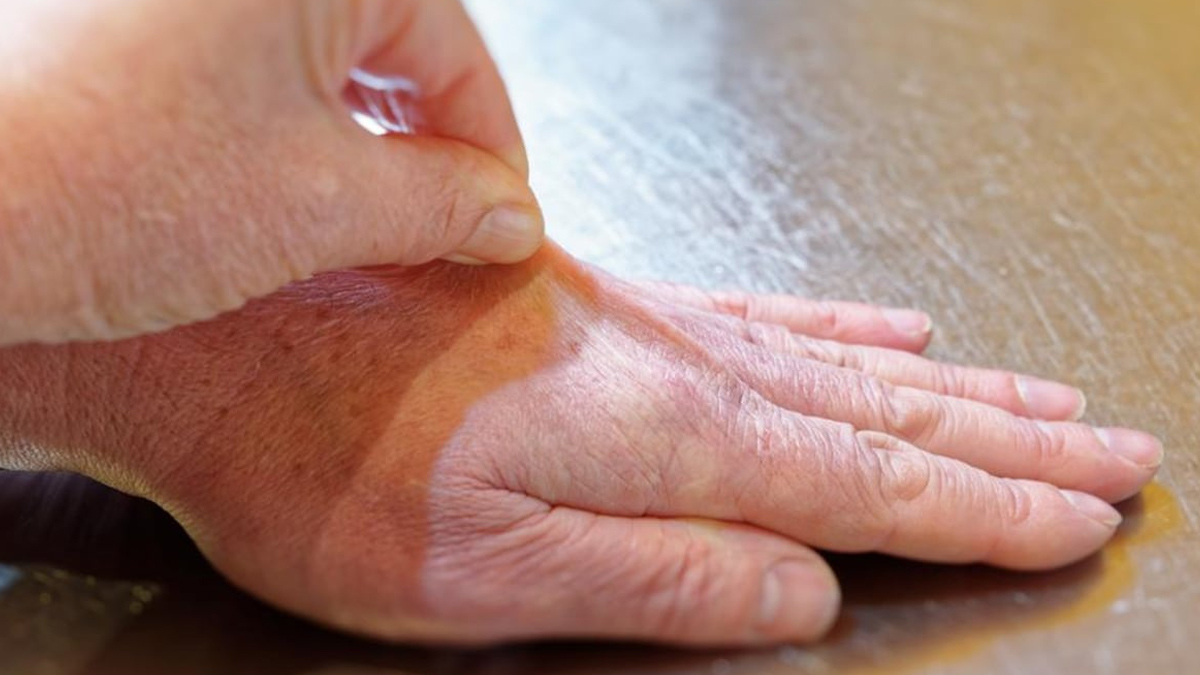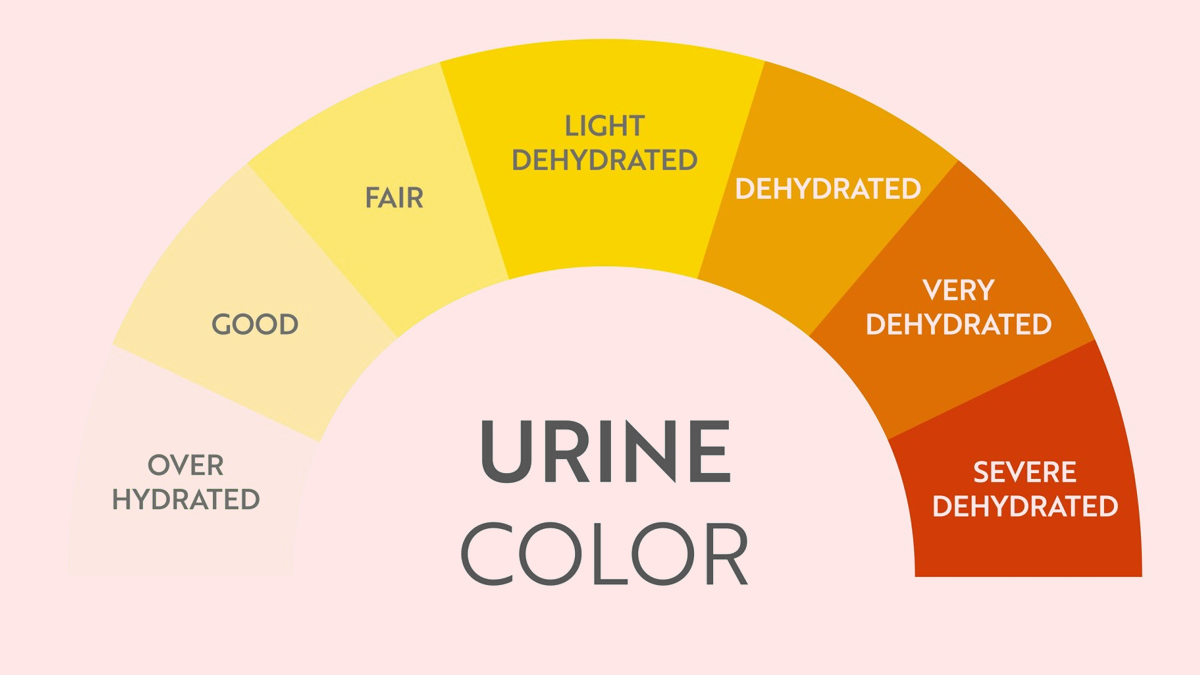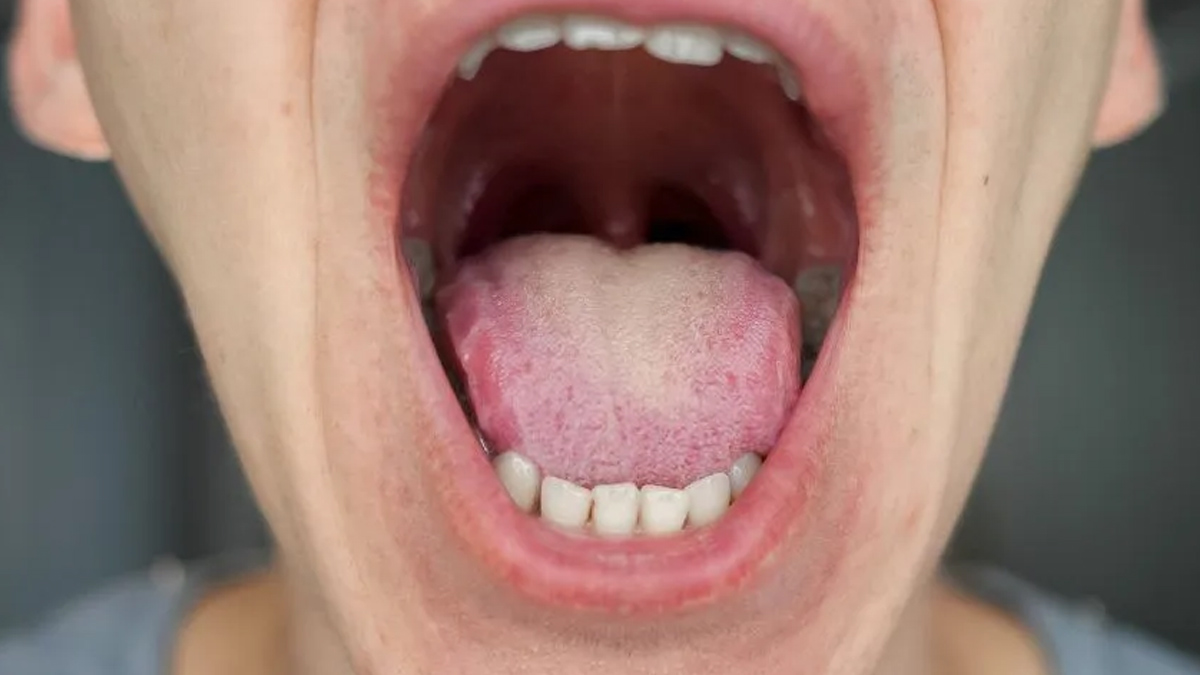
Seasonal changes often bring a host of health issues, from colds and fevers to flu. However, one crucial aspect that tends to be overlooked is hydration. Proper hydration is essential for maintaining overall well-being, and neglecting it can lead to dehydration, electrolyte imbalances, and decreased energy levels. Addressing this concern, Anushka Sharma’s dietician and Olympic Sports Nutritionist, Ryan Fernando, recently shared three simple tests to determine if your body is dehydrated.
Table of Content:-
Understanding Dehydration
Dehydration occurs when your body loses more fluids than it takes in, leading to an imbalance of essential electrolytes like sodium, potassium, and chloride. These electrolytes are vital for maintaining nerve function, muscle contractions, and cellular health. Whether due to excessive fluid loss or inadequate intake, dehydration can have significant effects on your physical and mental performance.
View this post on Instagram
Signs That Your Body May Be Dehydrated
Ryan Fernando highlighted that common symptoms of dehydration include fatigue, dull skin, and mood swings. He pointed out that these often-overlooked symptoms might indicate a deeper issue—your body is not getting the hydration it needs. To help individuals check their hydration levels, he shared three simple self-tests.
Three Quick Tests to Check for Dehydration
The Skin Pinch Test
A quick and easy way to assess dehydration is the skin pinch test. Here’s how you can do it:
- Pinch the skin on the back of your hand and hold it for a few seconds.
- Release it and observe how quickly it returns to its original state.
- If your skin remains pinched or takes longer to return, it could indicate dehydration.
This test works because dehydration reduces skin elasticity, making it less responsive.

The Tongue Check
Your tongue can provide insights into your hydration levels. To perform this test:
- Look at your tongue in the mirror.
- If your tongue appears dry or has a white coating, it may be a sign that you need to increase your water intake.
A well-hydrated body maintains moisture in the mucous membranes, including the tongue. A dry or coated tongue can indicate inadequate fluid levels.
Also Read: Vicky Kaushal Packs on 25 Kilos for ‘Chhaava’: Inside His Intense Warrior Workout & Diet Plan
Sweat and Urine Color Test
The color of your urine and the amount of sweat your body produces are also strong indicators of dehydration.
- Dark yellow urine suggests that your body is not receiving enough fluids.
- Lighter urine usually indicates proper hydration.
Reduced sweating, especially in hot weather or after exercise, could mean that your body lacks the necessary fluids to regulate temperature.

The Importance of Electrolytes in Hydration
While drinking water is crucial, hydration isn’t just about fluid intake. Electrolytes play an essential role in maintaining hydration levels and preventing muscle cramps. Fernando emphasized that simply drinking water may not be enough, especially for those who engage in intense physical activity. Including electrolyte-rich beverages or foods like coconut water, bananas, and leafy greens can help maintain the balance needed for optimal hydration.
Effects of Dehydration on the Body
Prolonged dehydration can lead to several health issues, including:
- Muscle cramps – Due to lack of sodium and potassium balance.
- Fatigue – The body begins breaking down muscle proteins for energy.
- Headaches and dizziness – Due to reduced blood flow and oxygen delivery to the brain.
- Prolonged recovery from illness – Hydration is crucial for maintaining a strong immune system.

How to Stay Hydrated
To prevent dehydration, consider these tips:
- Drink sufficient water throughout the day, not just when you feel thirsty.
- Consume fruits and vegetables with high water content, such as watermelon, cucumbers, and oranges.
- Limit caffeine and alcohol intake, as these can contribute to dehydration.
- Incorporate natural electrolyte sources like coconut water or electrolyte-infused drinks if needed.
Bottomline
Hydration plays a vital role in maintaining energy levels, supporting immune function, and preventing health complications. With simple self-checks like the skin pinch test, tongue check, and urine color analysis, you can determine if your body needs more fluids. Following Ryan Fernando’s expert advice, prioritising hydration can lead to better overall health and improved well-being. So, keep your water bottle handy and stay hydrated for a healthier life!
Also watch this video
Read Next
Mel Robbins' 15-Minute Morning Wellness Routine Going Viral On The Internet; Know All About It
How we keep this article up to date:
We work with experts and keep a close eye on the latest in health and wellness. Whenever there is a new research or helpful information, we update our articles with accurate and useful advice.
Current Version
